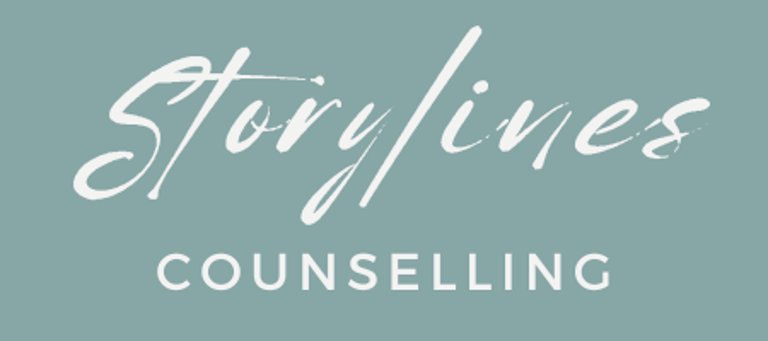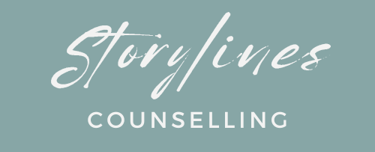Unfortunately, it is not uncommon for people to have negative experiences in counselling. Anything from a poor fit to an ill-prepared counsellor can lead to a negative counselling experience. Our counsellors are trained to ask and discover what went wrong before, so it isn't repeated. We hope that your previously experiences don't diminish your willingness to try again with a new counsellor, but it's very understandable if it does.
Keep in mind, counselling does need to be for everyone and isn't always an appropriate time to begin counselling. There are lots of non-counselling activities such as exercise, being in nature, and spending time with others that can lead to positive shifts in your experience. If those feel out of reach, therapy could help you access those tools.
I've been in counselling before and didn't like it or didn't find it helpful, should I try again?
Someone from our team will reach out to coordinate booking you an intake call or full session with one of our counsellors. Please allow up to 3 business days for us to get back to you.
What happens after I fill out my intake?
What's a counselling consultation like?
Intakes are a free 15-minute consultation with your a counsellor we believe will be a good fit for you. In your intake, you'll have the opportunity to discuss what brings you to counselling, what type of counselling you'd like, as well as any other relevant questions. However, if you don't know the answers to these questions, don't fret! A big part of counselling is the rapport between clients and counsellors. An intake gives you the opportunity to check if you feel comfortable with the counsellor you've been matched with.
What will happen in my first session?
At the start of your session, your counsellor will overview an "informed consent" document with you which outlines your rights as a client, the limits of confidentiality, and other important details to know before beginning the counselling work. After that, you and your counsellor will establish treatment goals and begin working towards them.
Why do I need to fill out an intake?
Intakes allow us to connect you with the counsellor that best fits your needs, but if you don't feel comfortable answering the questions in the intake, don't! We'll still do our best to match you with an appropriate counsellor and we can always adjust on the go.
I already know who I want to see. Do I still need to fill out an intake?
Nope! Click "Book a Session" in the banner and it'll take you to our intake form and online booking service. If you feel confident about who you would like to see, click the the button saying "Book Now" and it will take you directly to our online booking software. From there, you can book with whoever you'd like while skipping the intake form.
What to Expect
Many insurance providers such as Blue Cross, SunLife, ManuLife and Great West Life cover counselling with a Registered Clinical Counsellor, Canadian Certified Counsellors, Registered Social Workers and/or Registered Psychologists. Please check with your provider to clarify the specific details of your coverage. We do not offer direct billing to insurance providers.
Do you accept extended benefits?
Do you accept payments from 3rd party providers?
Yes, but each counsellor is unique in the services they are connected to. They currently included:
Crime Victims Assistance Program (CVAP): Mark
ICBC: Mark
What are the fees for counselling sessions?
Do you ofter reduced rate or sliding scale sessions?
Yes, our counsellors all offer reduced rate sessions. Please mention it in your intake if you are looking for reduced rate sessions. Please keep in mind, there is a limited amount of reduced rate clients that each counsellor can have at once. If needed, we'll be happy to put you on a counsellors waitlist or connect you with other practices offering reduced rate.
Rates and Insurance
Couples or Family Sessions:
50 minute session $145
80 minute session: $220
Individual Sessions:
50 minute session $135
80 minute session: $230
If you're more than 10 minutes late to your appointment, your counsellor will try to contact you to see if you are on your way. If they can't get a hold of you, they may leave 15 minutes after your session start time. If you can, please reach get in contact with your counsellor so they know to stick around.
I'll be late to my appointment, what happens now?
I booked a session, but I need to cancel it.
What should I do?
We offer a free 24 hour cancellation policy. If you need to cancel a session, please reach out directly to your counsellor or to our administration team through Info@StorylinesCounselling.ca. However, if it's within 24 hours, we will charge for the missed session. If you are sick, please let us know. We won't charge you for taking care of yourself! Please let us know as soon as you can if you are feeling unwell.
I missed my session, what happens now?
Unfortunately, we do need to charge for unexplained no-shows. After a no-show, your counsellor will reach out and connect with you. If you are sick, as with cancellations, we won't charge you for missing your session.


